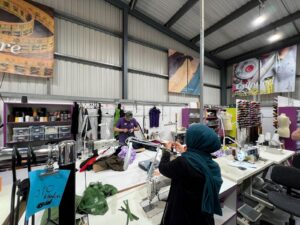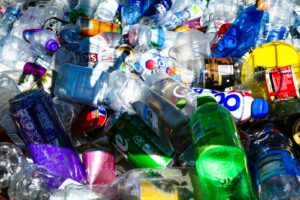UK rivers riddled with plastics, study finds
Greenpeace analysis of 13 UK rivers has revealed how plastic pollution has seeped into many of our key waterways.
A total of 1,271 pieces of plastic were found, ranging in size from straw and bottle-top fragments to tiny microbeads less than 1mm across.
River Mersey faired the worst with researchers saying it contains proportionally more plastic pollution than the infamous Great Pacific Garbage Patch, an area recognised by scientists as one of the most plastic-polluted expanses of water on earth.
Scientists and campaigners collected water samples in February and March at separate points along each of the 13 rivers, which were analysed by Greenpeace scientists at the University of Exeter using a cutting-edge infrared plastic detector called a fourier-transform infrared spectrometer (FTIR).
They said whilst undertaking the research they witnessed voles eating plastic, swans using it to build their nests, and caddisfly larva using it to make their protective casings.
In related news, there have been several research projects published this year which have looked into plastic pollution in UK waters.
Suzanne Grimes of the University of Dundee examined 16 coastal locations either side of the Forth estuary in Scotland and retrieved a total of 20,281 pieces of plastic from a total area of just 48m2.
Bangor University and Friends of the Earth looked at ten sites, including lakes in the Lake District, waterways in the Loch Lomond and Trossachs National Park, a wetland and Welsh reservoir, and found microplastics in every one.
The 100 Plastic Rivers Project, led by the University of Birmingham, hopes to help tackle the problem and will include contributions from scientists in more than 60 locations worldwide to sample water and sediment in rivers.
The Birmingham team have produced a toolkit which includes instructions for sampling water and river sediments at locations where stream flow is already measured in order to develop new methods of identifying and analysing microplastics.















